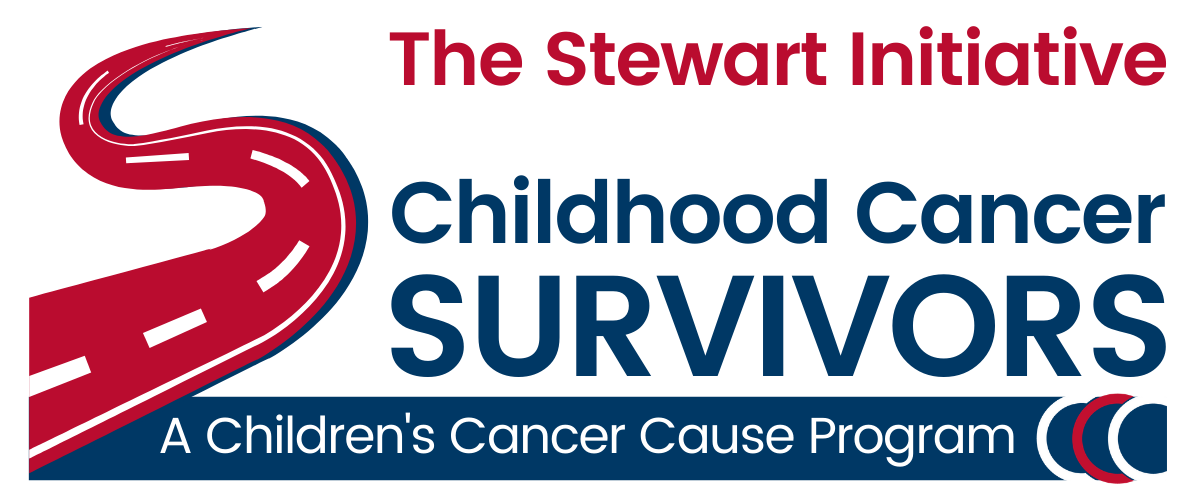Studies estimate that only one-third of U.S. adults have an estate plan in place. Those who do say it gives them peace of mind to know that they’re leaving their loved ones with clarity and answers if something happens to them.
One reason that so many people put off estate planning - especially young people - is that they don’t think they own an “estate.” But if you own anything of value - whether that’s a nice new car, a few hundred dollars in savings, or the next great American novel saved on your laptop - you have assets worth accounting for. If you’re like most people, you’d probably prefer to have a say over who receives your assets and possessions, instead of leaving it to the courts to decide.
If you have minor children or others who depend on you for their day-to-day care, this is about much more than dollars and cents. It’s not enough to have a verbal agreement with family about guardianship. Make sure it’s formal and legal.
An estate plan begins with a will or a living trust and with making sure your most important documents are well-organized. Your estate plan should name a power of attorney in the event that you’re incapable of making healthcare decisions and outline any specific end-of-life care directives you may have.
Triage Cancer offers terrific resources about estate planning for cancer survivors.
